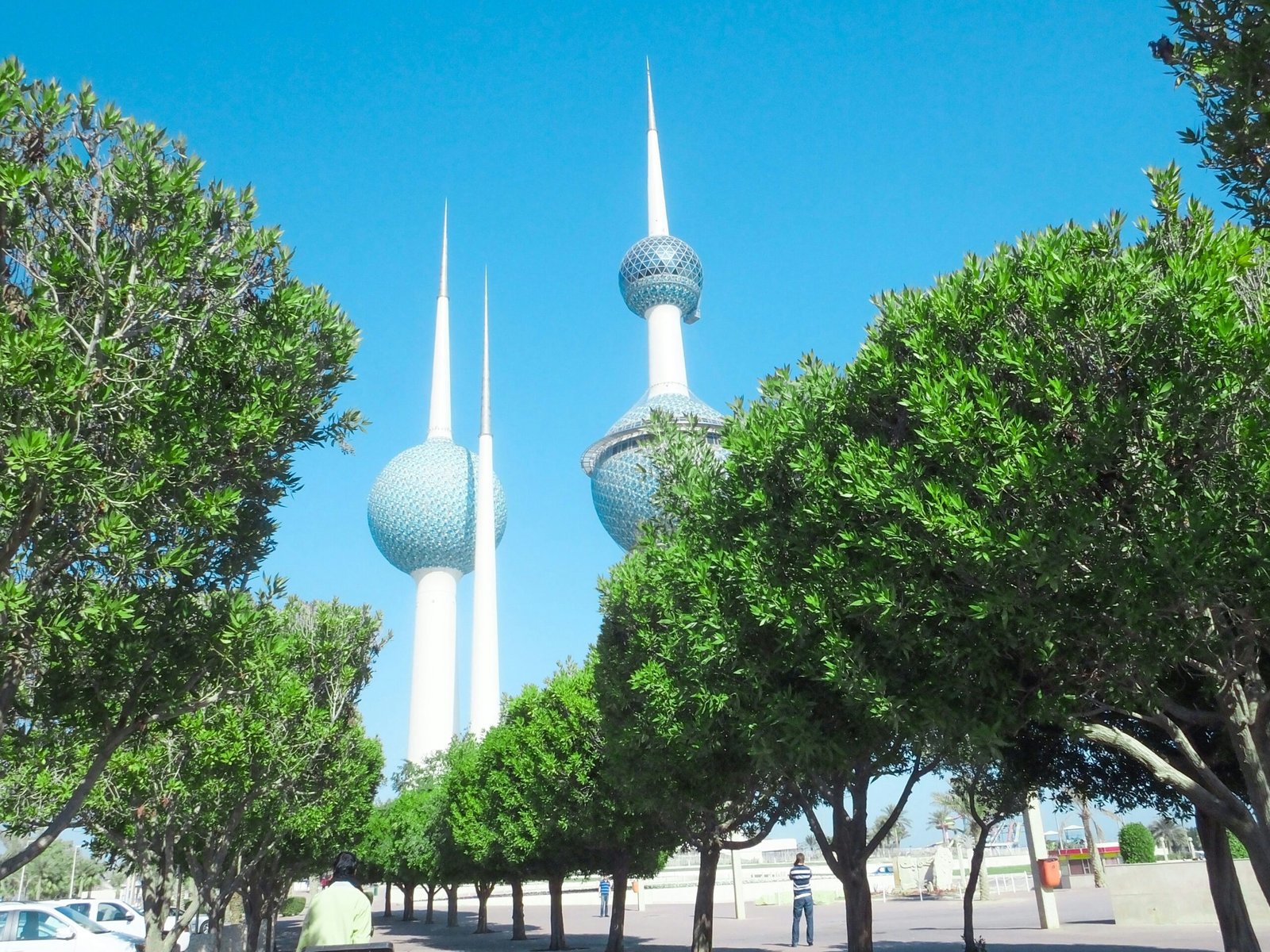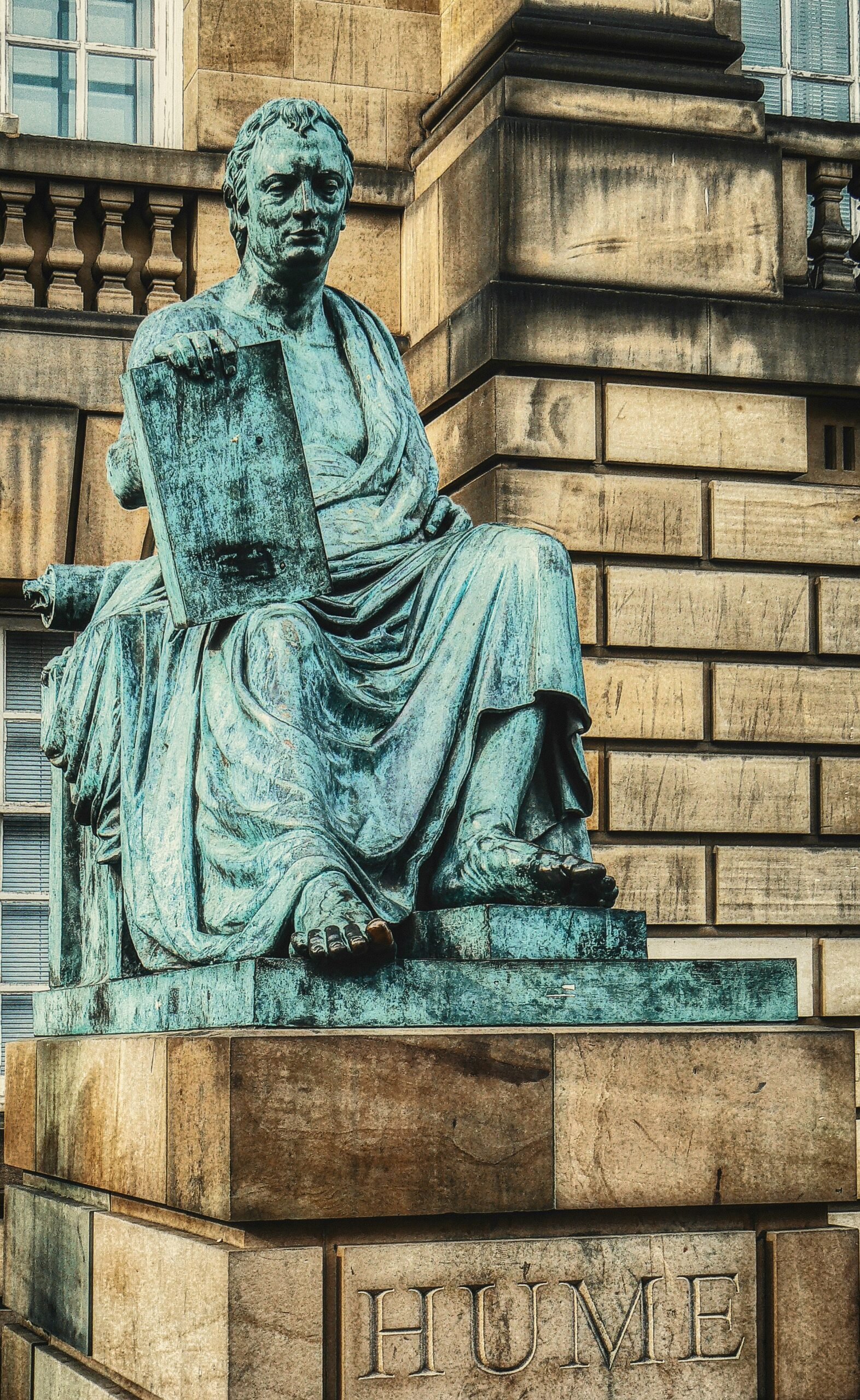Authentic existence, one of the central concepts in Heidegger’s philosophy, refers to the idea of living in accordance with one’s true self and values. According to Heidegger, many individuals live in a state of inauthenticity, where they are influenced by societal norms and expectations, rather than making choices based on their own understanding of what is meaningful and significant. Authentic existence, on the other hand, involves a deep self-reflection and a willingness to confront the existential questions of life.
Dasein being-in-the-world is another key concept in Heidegger’s philosophy. Dasein refers to the human being, and being-in-the-world refers to the interconnectedness between the individual and the world in which they exist. Heidegger argues that human beings do not exist as isolated entities, but rather are always already situated within a specific context and engaged in a network of relationships with others and the environment. This concept challenges the traditional understanding of the self as a separate and independent entity, highlighting the inherent interconnectedness of human existence.
Temporality, the third fundamental concept in Heidegger’s philosophy, explores the nature of time and its impact on human existence. Heidegger rejects the traditional understanding of time as a linear progression of past, present, and future, and instead proposes a more nuanced understanding of temporality. According to Heidegger, time is not simply a measurement of the passing moments, but rather a fundamental aspect of human existence that shapes our understanding of ourselves and the world. Temporality is closely tied to the concept of authenticity, as it requires individuals to confront the finitude and transience of their existence.
Heidegger’s philosophy has been highly influential in various academic disciplines. In philosophy, his work has challenged traditional metaphysical and epistemological frameworks, offering a unique perspective on the nature of being and the human condition. Writers and critics who are interested in the connection between language, meaning, and existence have explored Heidegger’s ideas in literature. In psychology, his concepts of authenticity and being in the-world have influenced theories of identity and selfhood. In theology, Heidegger’s philosophy has sparked discussions about the nature of faith and the role of spirituality in human existence.
Overall, Heidegger’s philosophy offers a profound and thought-provoking exploration of human existence and the nature of being. His concepts of authentic existence, Dasein being-in-the-world, and temporality challenge conventional understandings of the self and invite individuals to engage in a deeper reflection on the meaning and significance of their lives.
In the pursuit of authentic existence, Heidegger emphasizes the importance of self-reflection and introspection. He argues that individuals must take the time to examine their own thoughts, emotions, and desires in order to gain a deeper understanding of themselves. This process of self-reflection allows individuals to uncover their own unique possibilities and potentialities, and to make choices that are in line with their authentic selves.
Furthermore, Heidegger suggests that authentic existence requires individuals to resist the pressures of conformity and societal expectations. He believes that society often imposes norms and values that can lead individuals to live inauthentically, following a predetermined path rather than forging their own. To live authentically, individuals must have the courage to challenge these societal norms and expectations, and to make choices that align with their own personal truth.
Another aspect of authentic existence, according to Heidegger, is the recognition of one’s own mortality. He argues that the awareness of our own finitude can serve as a catalyst for living authentically. By acknowledging the limited time we have on this earth, we are motivated to make the most of our existence, to pursue our passions and dreams, and to live in a way that is true to ourselves.
Moreover, Heidegger suggests that authentic existence involves a deep connection with the world around us. He argues that individuals must cultivate a sense of awe and wonder towards the world, recognizing its inherent value and beauty. This connection with the world allows individuals to transcend their own individuality and to find meaning and purpose in their existence.
In conclusion, Heidegger’s concept of authentic existence calls individuals to live a life of self-awareness, self-reflection, and self-transformation. It requires individuals to question societal norms, embrace their own mortality, and cultivate a deep connection with the world. While the pursuit of authentic existence may be challenging and ongoing, it offers the possibility of a more meaningful and fulfilling life.
Furthermore, Heidegger emphasizes that being-in-the-world is not a solitary experience. Dasein’s existence is always situated within a social and cultural context. This implies that the norms, values, and practices of the society in which we live shape how we perceive the outside world and ourselves. The relationships we have with other people affect how we perceive ourselves and how they perceive us.
Moreover, Heidegger argues that being-in-the-world is not limited to our immediate surroundings or interactions. Our existence extends beyond the physical boundaries of our immediate environment. Dasein is also engaged with the world in a broader sense, including the historical, political, and cultural dimensions of existence. This implies that the larger context of our lives has an impact on how we perceive ourselves and our place in the world.
Additionally, Heidegger highlights the significance of temporality in Dasein’s being-in-the-world. Time is not simply a linear progression of past, present, and future, but rather it is a dynamic and existential dimension of our existence. Dasein’s existence is always rooted in a specific temporal context, and our temporal horizon shapes how we perceive ourselves and the world. The possibilities and constraints that result from our temporal situatedness have an impact on how we understand the past, present, and future of our experience.
Overall, Heidegger’s concept of Dasein being-in-the-world highlights the complex and dynamic nature of human existence. It emphasizes the interconnectedness of our existence with the world and with others, and the significance of our social, cultural, and temporal context in shaping our understanding of ourselves and our place in the world.
Temporality
Temporality is another important concept in Heidegger’s philosophy. Heidegger argues that time is not simply a linear progression of past, present, and future, but rather it is a fundamental aspect of human existence.
For Heidegger, time is not something that exists independently of human beings, but rather it is a mode of being-in-the-world. Time is the horizon within which all human experience and understanding takes place. It is through our engagement with the world in time that we are able to make sense of ourselves and our existence.
Heidegger distinguishes between two different modes of temporality: “clock time” and “authentic time.” Clock time is the conventional way of measuring and organizing time, based on the ticking of a clock and the divisions of seconds, minutes, and hours. Authentic time, on the other hand, is a more fundamental mode of temporality that is rooted in our own experience of time.
Authentic time is characterized by its openness to the future and its recognition of the finitude of human existence. It is through our engagement with the future that we are able to project possibilities for our own existence and give meaning to our lives. Authentic time also involves a recognition of the past and a sense of historicality, as we are always already situated in a particular historical context.
Heidegger argues that an authentic understanding of time is essential for living an authentic existence. It requires individuals to embrace their own mortality and to confront the fact that their time in the world is limited. By recognizing the finitude of their existence, individuals are able to live more fully in the present and to make choices that are in alignment with their own values and beliefs.
Furthermore, Heidegger emphasizes the importance of being attuned to the present moment. In today’s society, our worries about the future or regrets about the past frequently consume us, which can prevent us from fully savoring the present. Heidegger argues that by being fully present in the moment, we are able to engage more deeply with the world and with ourselves. This requires a certain level of mindfulness and a willingness to let go of distractions and preoccupations.
In addition, Heidegger’s concept of temporality highlights the interconnectedness of past, present, and future. He argues that the past is not simply a collection of isolated events, but rather it is a continuous thread that extends into the present and shapes our understanding of the future. Similarly, the future is not a fixed destination, but rather it is constantly being shaped by our present actions and choices.
Overall, Heidegger’s concept of temporality challenges our conventional understanding of time and invites us to reflect on the deeper dimensions of our existence. By recognizing the fundamental role that time plays in our being-in-the-world, we can cultivate a more authentic and meaningful way of living.













+ There are no comments
Add yours